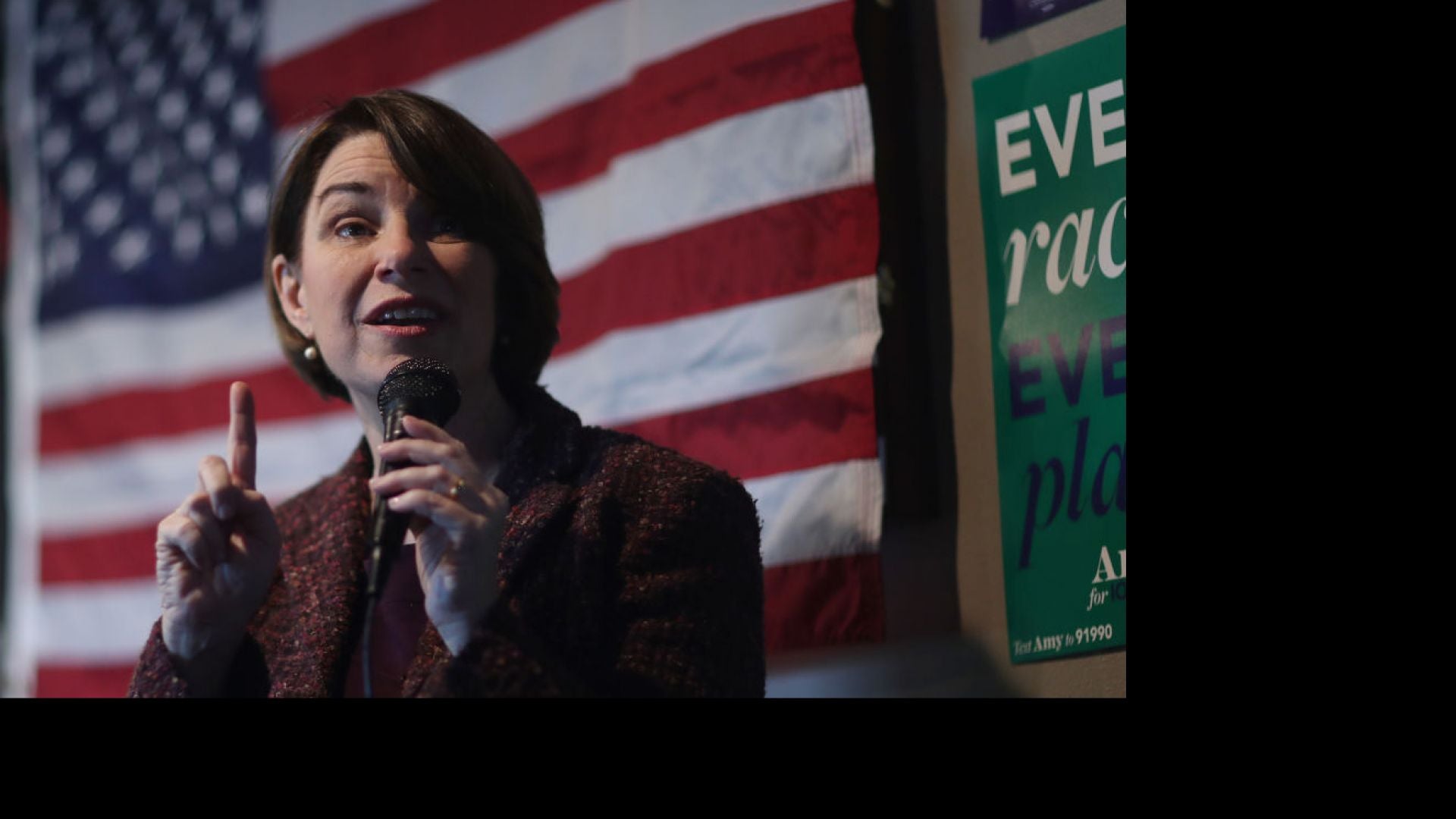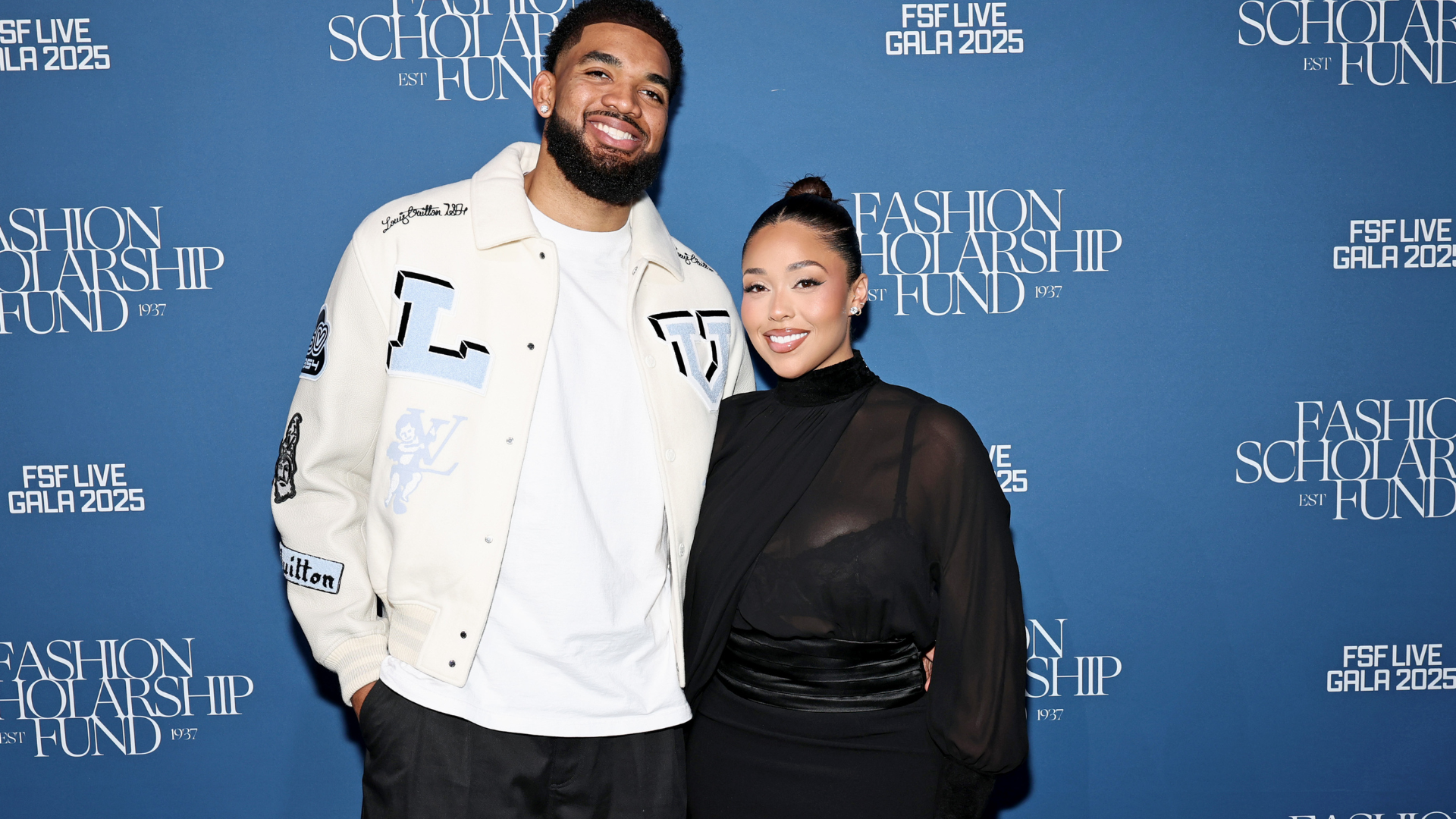
UPDATE: 8:00 P.M. ET: Sen. Klobuchar will be returning Fairstein’s $1000 donation.
“The campaign shouldn’t have accepted this contribution and we’re returning it,” a campaign spokesperson said in a statement to ESSENCE.
Earlier:
Sen. Amy Klobuchar (D-Minn), a former prosecutor who touts her tough-on-crime record, accepted a financial donation from Linda Fairstein, the lead prosecutor in the Exonerated Five case, in March of 2019, and does not appear to have returned it, the Guardian reports.
In 1989, Linda Fairstein, who lead the Manhattan district attorney’s office sex crimes unit from 1976 until 2002, ruthlessly pursued five Black and Latino teens—Korey Wise, then 16; Yusef Salaam, then 15; Kevin Richardson, then 14; Antron McCray, then 15; and Raymond Santana Jr., then 14, for the vicious rape and assault of then-28-year-old white investment banker Trisha Meili as she was jogging in Central Park.
There was never any physical evidence linking the teens to attack. Still, they were demonized by Fairstein, local and national media, and racist power players, including the current U.S. president, Donald Trump, who took out ads in four New York City newspapers calling for the boys to be executed by the State.
Wise, Salaam, Richardson, McCray, and Santana were ultimately wrongfully convicted and incarcerated, serving years in juvenile detention centers and prison before being exonerated in 2002, after convicted serial rapist and murderer Matias Reyes confessed to assaulting and raping Meili.
In the wake of Ava DuVernay’s brutally breathtaking 2019 film When They See Us, the #CancelLindaFairstein campaign—which called for publishers and booksellers to stop selling the retired prosecutor-turned-mystery author’s work—spread on social media. It worked. Fairstein’s publisher dropped her. Additionally, she resigned from the board of Vassar College, her alma mater, as well as from the board for Safe Horizon, an anti-domestic violence organization. Glamour Magazine, which awarded Fairstein with a Woman of the Year award in 1993, published a letter by editor-in-chief Samantha Barry, who wrote:
“Unequivocally, Glamour would not bestow this honor on her today. She received the award in 1993, before the full injustices in this case were brought to light. Though the convictions were later vacated and the men received a settlement from the City of New York, the damage caused is immeasurable.”
As recently as 2018, Fairstein defended her actions, writing in the New York Law Journal, “Two juries heard that the DNA in and on the jogger’s body was not from any of the 5—and still they convicted on the theory that the missing attacker, who had run with the crowd of 32 young men who rioted in the park, had not yet been caught.” Fairstein further argued that since there was no national DNA database at the time, prosecutors had every reason to believe that the teens were guilty, the Daily Beast reports.
According to the Guardian’s report, Klobuchar accepted a $1000 donation from Fairstein in 2019. This is significant for a couple of reasons, chief among them the fact that Klobuchar has been heavily criticized for declining to criminally charge any fatalities involving law enforcement. According to MPRN News, “Instead she routinely put the decision to a grand jury, a process widely criticized for its secrecy and for mostly allowing the police version of events. Klobuchar also didn’t take on any of the misconduct claims.”
“I think there was a significant amount of indifference on her part with regards to the problems facing the Native-American and African-American community,” Ron Edwards, a longtime civil rights activist who served on a police relations council created through the federal mediation process, said.
Additionally, Klobuchar as senator, introduced a measure backed by the Fraternal Order of Police and the National Association of Police Organizations, that would reauthorize part of the infamous 1994 crime law, the Intercept reports.
It appears that not too far beneath the surface, Klobuchar and Fairstein are two problematic prosecutors in a pod who have no issue upholding and strengthening a racist judicial system for power, political and professional gain.
At the time this article was published, the 2020 presidential hopeful had not responded to request for comment.
Power Of The Movement; Power Of Black Art.
It is obvious that the Exonerated Five will continue to play a role in the presidential election. As ESSENCE previously reported, Trump has refused to apologize for calling for the teens to be executed, saying: “If you look at Linda Fairstein, and if you look at some of the prosecutors, they think that [New York City] should have never settled that case. So, we’ll leave it at that.”
After taking heat this week for statements he made about the Exonerated Five case, the aftermath of which roiled New York City during his three mayoral terms, 2020 presidential hopeful Michael Bloomberg, 77, is now showing his support for the five men incarcerated for a crime they did not commit, telling ESSENCE in an exclusive statement Thursday evening:
“I believe, and the DNA shows, that these men were in jail and endured long sentences for a crime they did not commit. I understand that this case and so many like it are about the lives that were affected and the lasting scars left on individuals, families, and communities.
“This case and others like it show how people, most often people of color, in our country have been unjustly incarcerated and that’s why, as President, I will lead a major effort to overhaul the criminal justice system where it is broken and biased,” the multi-billionaire media mogul continued.
But, on Monday, CBS News reporter Tim Perry asked Bloomberg if his position had changed since his administration dedicated so many resources to actively fighting against the Exonerated Five receiving some semblance of justice—if he still believed that the City and NYPD had acted in good faith. Bloomberg’s administration spent nearly $6 million over a decade to fight the Exonerated Five’s lawsuit against the city. As late as 2012, (Bloomberg left office in 2013), his administration continued to defend the City’s and NYPD’s actions.
The former mayor responded at the time that he had “no idea.”
“I really have no idea,” Bloomberg said dismissively. “I’ve read in the paper, I’ve been away from government for a long time…there was an awful lot of evidence presented at that time that they were involved….There’s been questions since then about the quality of that evidence. I just really can’t respond, because I just don’t remember. But there’s been plenty written about it, and I’d suggest that you go read some of that. Next question.”
Sen. Elizabeth Warren also received a financial donation from Fairstein—$500 in 2012; she also co-hosted a fundraiser for the now progressive candidate that same year. The New York Daily News reports that Warren disavowed Fairstein’s support.
Every single one of these politicians will have to answer to their actions on a national stage because the movement and brilliant Black art has forced their hands.
Nina Simone once said that it’s an “artist’s duty to reflect the times.” By telling the Exonerated Five’s story—and passing them the microphone to tell their own—DuVernay brought the case back to the center of the nation’s consciousness and has unequivocally shaped the the Democratic presidential primary, the 2020 general election as a whole, and the future narratives that this nation will amplify and engage in around justice and liberation for Black, Latinx, Indigenous, and poor communities.







And while Klobuchar has largely escaped intense scrutiny due to her low polling numbers, now that the field is narrowing, she’s going to need more than a snappy midwestern quip to explain this one.






